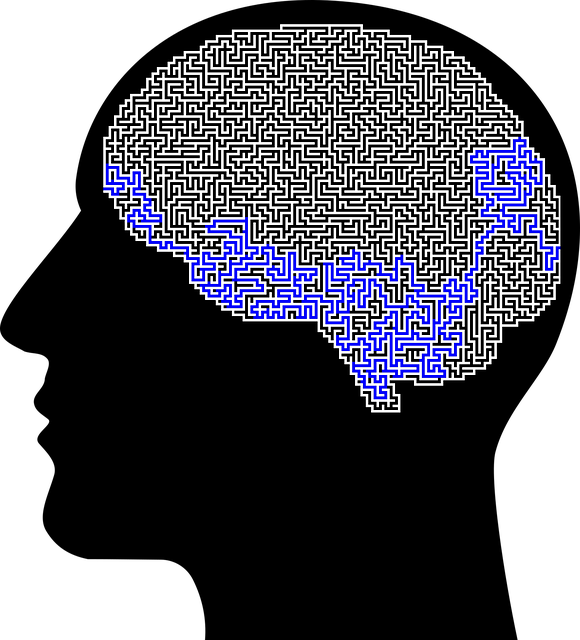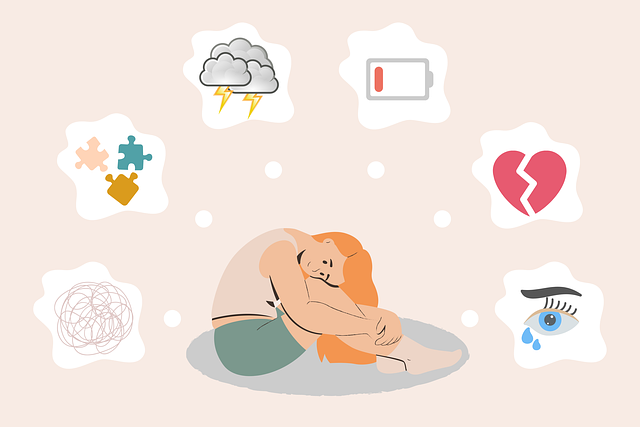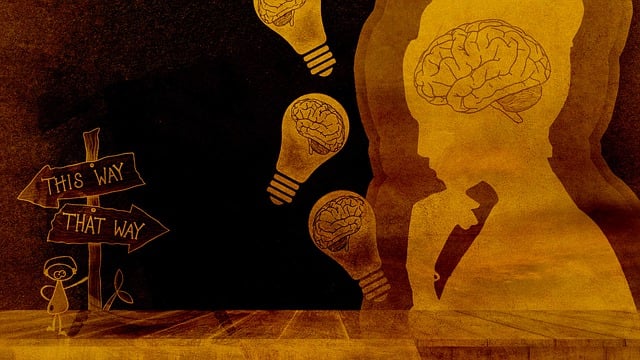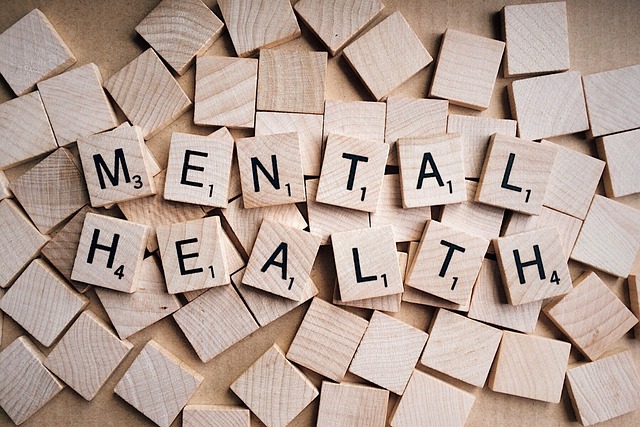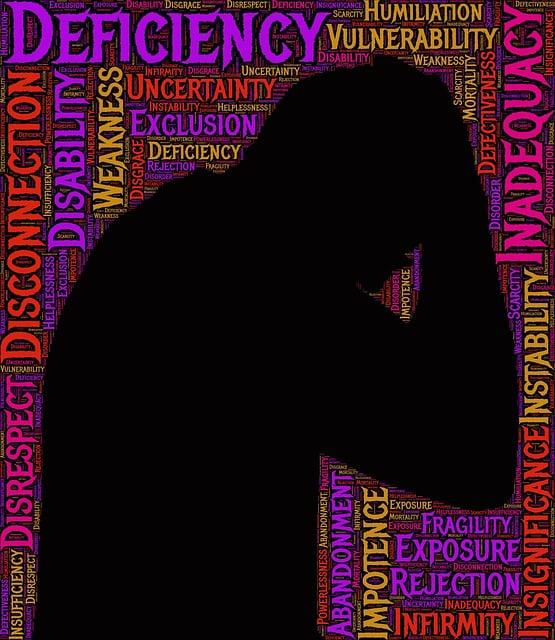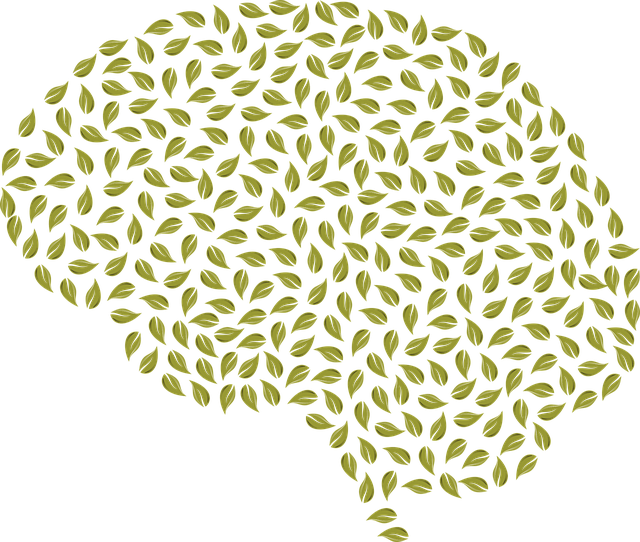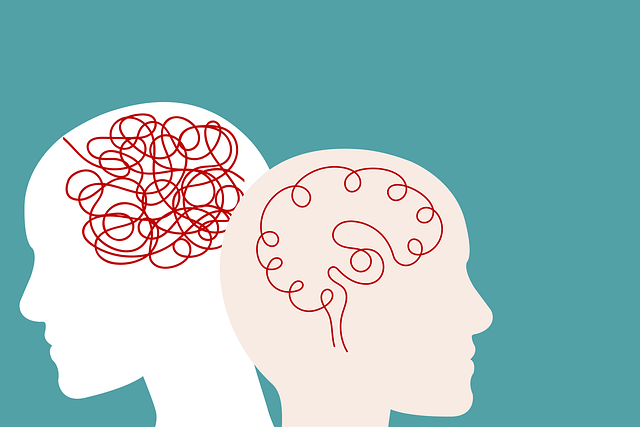In diverse societies, cultural sensitivity is vital for effective mental healthcare. Centennial Trauma Therapy focuses on inclusive environments, using techniques like mindfulness and burnout prevention. Therapists must understand historical trauma's impact across cultures, respect self-care practices, and adapt services to clients' languages and needs. Continuous learning, a Community Outreach Program, and therapist self-care are key to building trust and providing tailored support for all communities, especially those affected by Centennial Trauma.
“Cultural sensitivity is a cornerstone of effective mental healthcare, especially when addressing complex issues like Centennial Trauma. This article explores how therapists can navigate cultural nuances and create responsive practices. By understanding the impact of Centennial Trauma across diverse communities, professionals can offer tailored support. We’ll delve into strategies to enhance cultural competency, ensuring inclusive therapy sessions that respect and embrace unique cultural perspectives.”
- Understanding Cultural Sensitivity: A Cornerstone of Effective Mental Healthcare
- Navigating Centennial Trauma and Its Impact Across Cultures
- Strategies for Culturally Responsive Practice in Therapy Sessions
Understanding Cultural Sensitivity: A Cornerstone of Effective Mental Healthcare

Understanding Cultural Sensitivity is a cornerstone of effective mental healthcare. In today’s diverse society, it’s crucial for practitioners to recognize and respect the unique cultural backgrounds and experiences of their clients. This involves not only understanding different traditions and practices but also being attuned to unconscious biases that can impact clinical interactions. By incorporating mindfulness meditation and other evidence-based techniques, such as Burnout Prevention Strategies for Healthcare Providers, therapists can create a more inclusive environment that fosters healing.
Centennial Trauma Therapy underscores the importance of cultural sensitivity in addressing deep-seated traumas. Cultural context plays a significant role in how individuals interpret and express their experiences, making it essential for mental health professionals to be aware of these nuances. Adhering to Mind Over Matter principles, therapists can help clients navigate their emotional challenges while respecting their cultural identities. This holistic approach not only enhances the therapeutic outcome but also builds trust between healthcare providers and their diverse clientele.
Navigating Centennial Trauma and Its Impact Across Cultures

Navigating Centennial Trauma, deeply rooted in historical and cultural contexts, presents a complex challenge for mental healthcare practitioners. This collective trauma, often passed down through generations, impacts individuals across cultures, shaping their perceptions, behaviors, and responses to stress. Understanding this phenomenon is crucial in providing effective therapy, especially within the context of Centennial Trauma Therapy.
Cultural sensitivity plays a pivotal role here. By recognizing and respecting diverse self-care practices and Mind Over Matter principles embedded in various cultural traditions, therapists can create safer spaces for healing. Moreover, advocating for Mental Health Policy Analysis and Advocacy that considers these cultural nuances ensures more inclusive and effective mental health support for all communities.
Strategies for Culturally Responsive Practice in Therapy Sessions

Incentivizing culturally responsive practice within therapy sessions is paramount in the realm of mental healthcare. Therapists must strive to understand and appreciate the client’s cultural background, values, and beliefs to offer tailored support. This involves active listening, where therapists pay close attention to clients’ narratives, ensuring their experiences are validated. Incorporating clients’ preferred languages and translating essential resources can significantly enhance accessibility and comfort during sessions. Additionally, educators should encourage therapists to engage in continuous learning about diverse cultural practices and traditions, fostering an environment of empathy and respect.
The implementation of a Community Outreach Program can be a strategic move towards enhancing cultural sensitivity. Such programs facilitate direct engagement with various communities, allowing therapists to build trust and offer culturally adapted services. Encouraging therapists to participate in self-care routine development for better mental health is also crucial, as it enables them to manage their well-being effectively, thereby improving their capacity to support clients from diverse backgrounds.
Cultural sensitivity is an indispensable aspect of modern mental healthcare, particularly when addressing complex issues like Centennial Trauma. By understanding and incorporating culturally responsive practices, therapists can create a safe and supportive environment for clients from diverse backgrounds. This approach not only enhances therapeutic outcomes but also fosters greater equity in access to quality care. Through strategies like education, active listening, and adaptive techniques, mental health professionals can effectively navigate cultural nuances, ensuring every client receives personalized support tailored to their unique experiences and beliefs.


